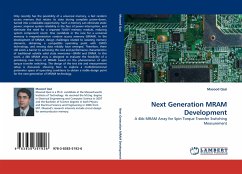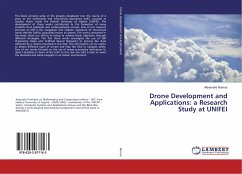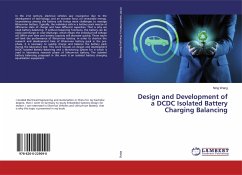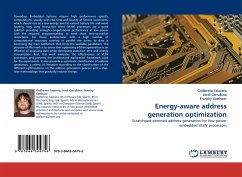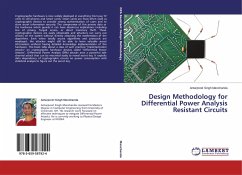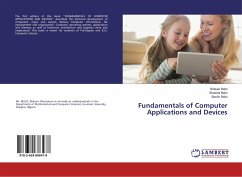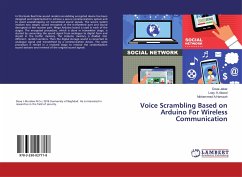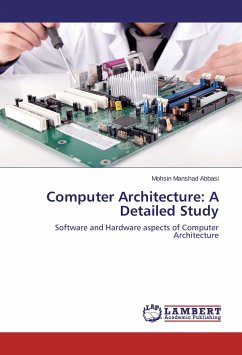Only recently has the possibility of a universal memory, a fast random access memory that retains its state during complete power-down, turned into a realizable opportunity. Such a memory can eliminate static power, improve system reliability in the face of power interruption, and eliminate the need for a separate FLASH memory module, reducing system component count. One candidate in the race for a universal memory is magnetoresistive random access memory (MRAM). In the development of MRAM, design challenges related to isolating memory elements, obtaining a compatible operating point with CMOS technology, and sensing data reliably have emerged. Therefore, there still exists a barrier to achieving the cost and performance characteristics of traditional volatile solid state memories---SRAM and DRAM. In this work, a 4kb MRAM array is designed to evaluate the feasibility of a promising new form of MRAM based on the phenomenon of spin torque transfer switching. The design of the test site and measurement setup is discussed, showing how to explore a multidimensional parameter space of operating conditions to obtain a viable design point for the next generation of MRAM technology.
Bitte wählen Sie Ihr Anliegen aus.
Rechnungen
Retourenschein anfordern
Bestellstatus
Storno

